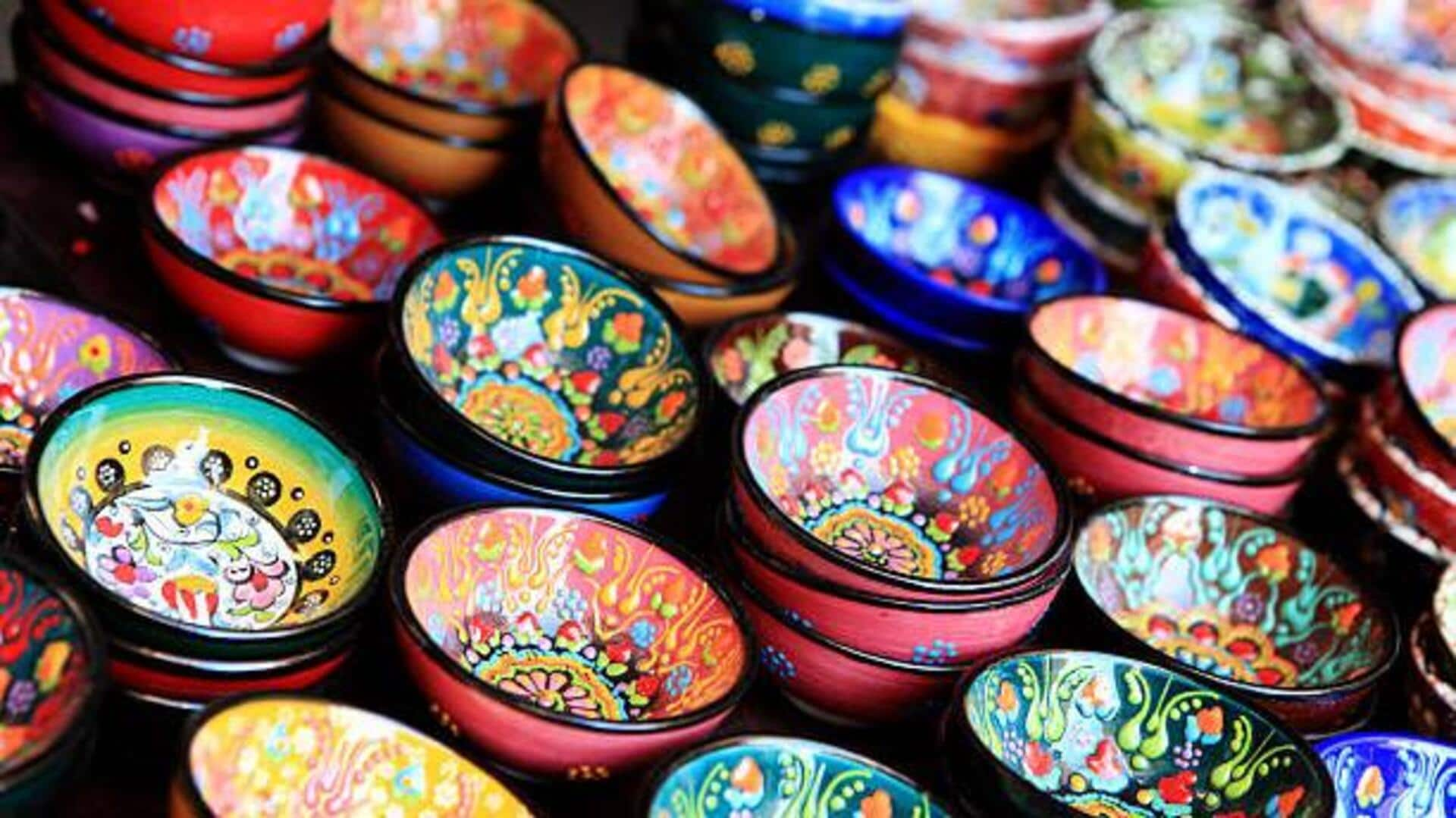
You must visit these towns that celebrate local art
What's the story
Africa is home to a myriad of towns that offer authentic cultural experiences. These hidden gems often get overshadowed by larger cities but hold rich traditions and vibrant histories. Exploring these towns provides a unique glimpse into the diverse cultures that make up the continent. From traditional crafts to local festivals, these places offer an immersive experience for those seeking to understand Africa's cultural tapestry.
Ouidah
The vibrant markets of Ouidah
Ouidah has some of the most bustling markets filled with local crafts and textiles. You can explore stalls offering handmade goods that reflect the town's rich history and culture. The market is also a hub for locals artisans who showcase their skills in weaving and pottery. This vibrant atmosphere gives you a chance to engage with locals and learn about their traditions firsthand.
Lamu
Traditional crafts in Lamu
Known for its traditional Swahili architecture and craftsmanship, Lamu is an island town in Kenya. The narrow roads of Lamu are lined with workshops where artisans make intricate wood carvings and jewelry. You can see the painstaking process of how these things are made, which have been passed down through generations. Lamu is a peaceful place where culture flourishes in its historical setting.
Timbuktu
Cultural festivals in Timbuktu
Timbuktu, located in Mali, has a few cultural festivals throughout the year celebrating music, dance, and storytelling. The events invite performers from all over West Africa and they showcase their talents to an excited audience. Visiting a festival here would let you enjoy the rhythmic beats of traditional instruments and educate you about the region's folklore.
Fes
Artisanal pottery in Fes
Fes in Morocco is known for its artisanal pottery made using centuries-old techniques inherited through generations. The city's workshops churn out beautifully decorated ceramics, both functional and decorative pieces, loved across the globe today. This is primarily because they retain authenticity rooted deep within Moroccan heritage itself.